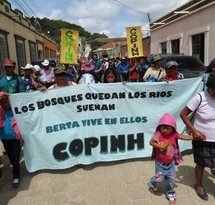
2021 was a turbulent year for Dutch development bank FMO, to say the least. The bank has been under fire for many years for investments linked to human rights violations and suspected corruption. But in the past year, the Dutch press and media have reported on one new development after the other in ongoing cases involving FMO. Below we give a short summary of these cases and call on FMO to make the promised improvements in 2022.
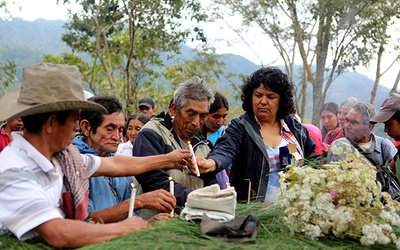
Dutch development bank FMO is considering investing in the controversial Ficohsa bank in Honduras. The bank has close ties with the elite in Honduras, which holds considerable power in politics, the (para)military and the business community. Last Wednesday, a number of Honduran organisations, including the indigenous organisation COPINH – whose leader Berta Cáceres was murdered in 2016 – sent a letter to the FMO management. The letter, signed by forty organisations including Both ENDS, calls on FMO not to do business with this bank.
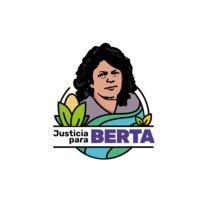
Today it is 5 years ago that Berta Cáceres was shot in haar home in La Esperanza, Honduras, for defending the rights of indigenous people. The leader of indigenous organisation COPINH resisted the Agua-Zarca hydropower dam that was planned to be build in indigenous territory. The actual murderers have been convicted, but not so the intellectual authors of the murders.
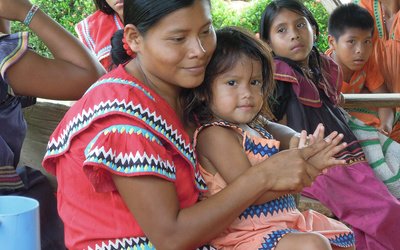
On September 20th FMO published its new position statements on human rights, land governance and gender. We appreciate that FMO takes human rights serious and applaud the efforts that have been made to come to an improved position on human rights, land and gender. However, to truly have a positive impact on people and the environment, some important follow up steps are necessary.
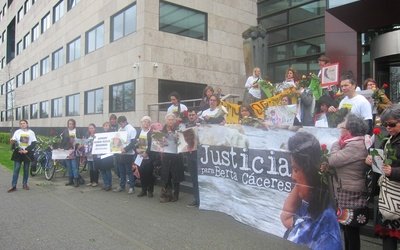
Both ENDS and SOMO welcome the announcement done today by the Dutch and Finnish development banks, FMO and FinnFund, to exit the controversial Agua Zarca hydroelectric project in Honduras. Conflict about the project has led to violence in the region, including the murder of three leaders who opposed the project. In March 2016, renowned human rights defender Berta Caceres was murdered for opposing this project in indigenous Lenca territory.
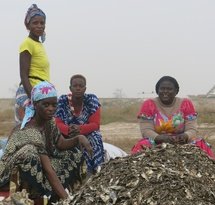
A year ago, the Senegalese NGO Takkom Jerry filed a complaint with the African Development Bank (AfDB) and the Dutch Development Bank FMO, with support from Both ENDS. These banks finance the Sendou coal power station, right next to the fishing village of Bargny. The AfDB has now recognized the complaint. FMO is already processing the complaint and will publish an official response shortly.
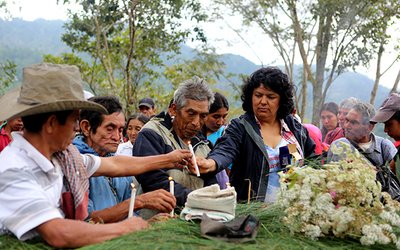
Today, it is exactly one year ago that Berta Cáceres was brutally murdered in her home in Honduras. Cáceres was a globally known human rights defender and coordinator of the indigenous Lenca organisation COPINH. The murder of Berta is closely related to her protest against the Agua Zarca dam, a hydroelectric project financed partially by the Dutch development bank FMO.
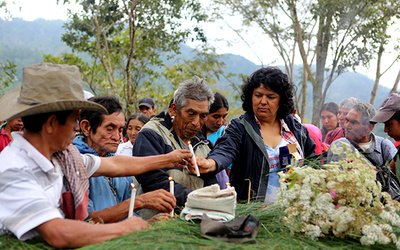
On Friday, March 2, the director of DESA, David Castillo, was arrested in Honduras on suspicion of involvement in the murder of Berta Cáceres, exactly 2 years ago. The Honduran government refused for a long time to not only detect the actual murderers, but also the intellectual authors of the murder of Cáceres.
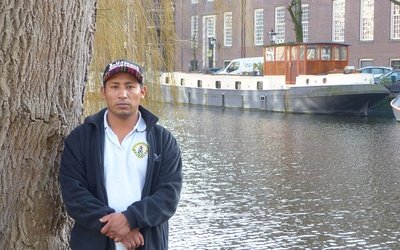
Last week, Global Witness published 'Honduras: the deadliest place to defend the planet'. This shocking report clearly shows the worrying situation of human rights in Honduras and backs the demand of Both ENDS and partner COPINH: FMO must divest from the Agua Zarca dam.